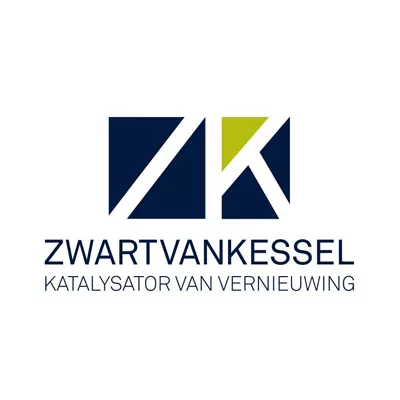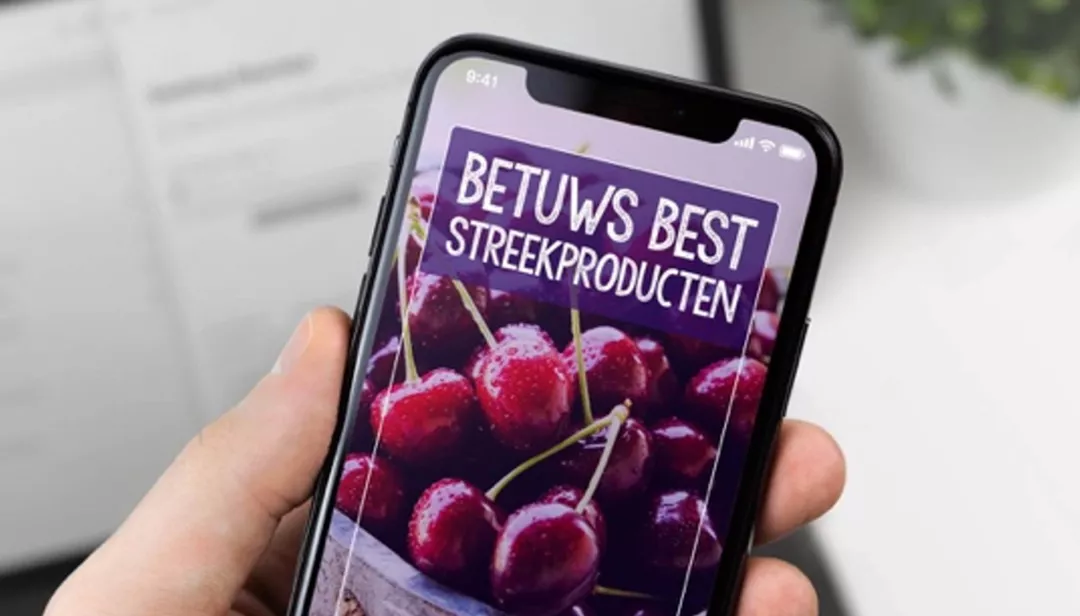General information
RDP Priority
- P2. Competitiveness
RDP Focus Area
- 2A: Farm’s performance, restructuring & modernisation
RDP Measure
- M16: Cooperation
Summary
Famous for its cherry production, the Eastern Netherlands community of Betuwe realised that their local producers, buyers, and consumers were not sufficiently aware of each other. The project aimed to improve connections between the local food supply and the demand. In parallel, the development of a local brand was to add to the awareness raising activities in the long-term.
In this project, local producers gained knowledge and hands-on experience in how to optimise the local market potential better. A range of activities was organised through which producers as well as buyers were able to develop their skills and connect better with each other.
By developing a brand, this project made local products more recognisable for consumers. Today the brand is well known to the local community and the project is considered a success.
Results
The main results of the project are:
- An inventory containing 135 products, one contact list of 200 producers, and one contact list of 100 potential buyers. Both lists were longer than expected.
- The local brand ‘’Betuws Best’’ has been launched, including a webpage which is continuously maintained also after project completion.

Promoter
Zwart Van Kessel
Funding
Total budget 128 449.94 (EUR)
EAFRD 61 474.97 (EUR)
National/Regional 61 474.97 (EUR)
Private 5 500.00 (EUR)
Resources
Documents
Tasty Local Rivierenland explored recognised and sold
(PDF – 1.5 MB)
Context
The project was located in Betuwe, Gelderland in the Netherlands. An area known for its cherry and fruit production. However, many other products that were produced in Betuwe remained little known by buyers and consumers. An increase in the awareness of the much wider range of local products that is available in the area was possible and this could strengthen the local economy. For this to happen, producers required better information about where and how to find local buyers and how to raise the recognition of what was on offer. Plans were developed for increasing awareness of the relevant stakeholders of each other by developing short and inter-connected local supply chains. In parallel the creation of a recognisable brand for the wide range of Betuwe’s local products was foreseen to assist this ambition.
Objectives
The overall aim of the project was to support the resilience of the region’s rural economy by building knowledge and awareness among local producers and buyers about their local market opportunities. The long-term objectives were to improve the income of producers by reducing transport costs through which the sustainability of their businesses and that of the local economy could be strengthened. In addition, environmental improvements could be achieved through reduced distances for the delivery of the products.
The specific objectives of the project were to:
- Create an inventory of local producers who were open for new collaborations and short supply chain developments.
- Facilitate and support local producers with inspiration and knowledge of short supply chains.
- Develop a local market and thereby improve the connections between local supply and local demand.
- Explore how local products could be made more recognisable.
In addition, the project aimed to foster social cohesion by connecting farmers and other stakeholders with each other through peer-to-peer learning.
Activities
A range of activities were implemented:
- Creating an inventory of local producers
The first task was to find producers who were interested in selling their products locally and in participating in the short supply chain project. The inventory also included information about their preferred way of supplying their produce. For this purpose, two inspiration sessions were organised. One for local governments and people interested in transition thinking. The other session was targeted at local hospitality businesses to inspire them to procure more of their required products locally. - Supporting knowledge building
A masterclass about short supply chains was organised for local primary producers. This was facilitated by an expert researcher in ultra-short supply chains. The participants explored how they could connect with local buyers and were encouraged to compose their relevant strategies and business plans. During these masterclasses, various speakers shared their experiences and expertise with the audience. - Organising matchmaking events
So called ‘Market squares’ were organised which let producers and local buyers meet each other. These events had a very practical focus, but also offered advice on food security issues and related requirements. - Developing a brand and formulating an action plan
Following research on how brand development could be achieved and sustained in the long-term, an action plan was created. As part of this activity, local associations, five municipalities (Tiel, Lingewaal, Geldermalsen, Neerijnen and Culemborg) farmers and citizens were engaged.
Main results
The main results of the project were:
- An inventory containing 135 products, one contact list of 200 producers, and one contact list of 100 potential buyers. Both lists contained more supply chain partners than expected.
- The local brand ‘’Betuws Best’’ has been launched, including a webpage which is continuously maintained also after project completion.
Key lessons
Short supply chains can provide multiple benefits for producers and consumers in rural areas.
The project made good use of lessons learned from other projects.
The RDP subsidies helped to start up the project successfully and provided a strong impulse to get the project running.
